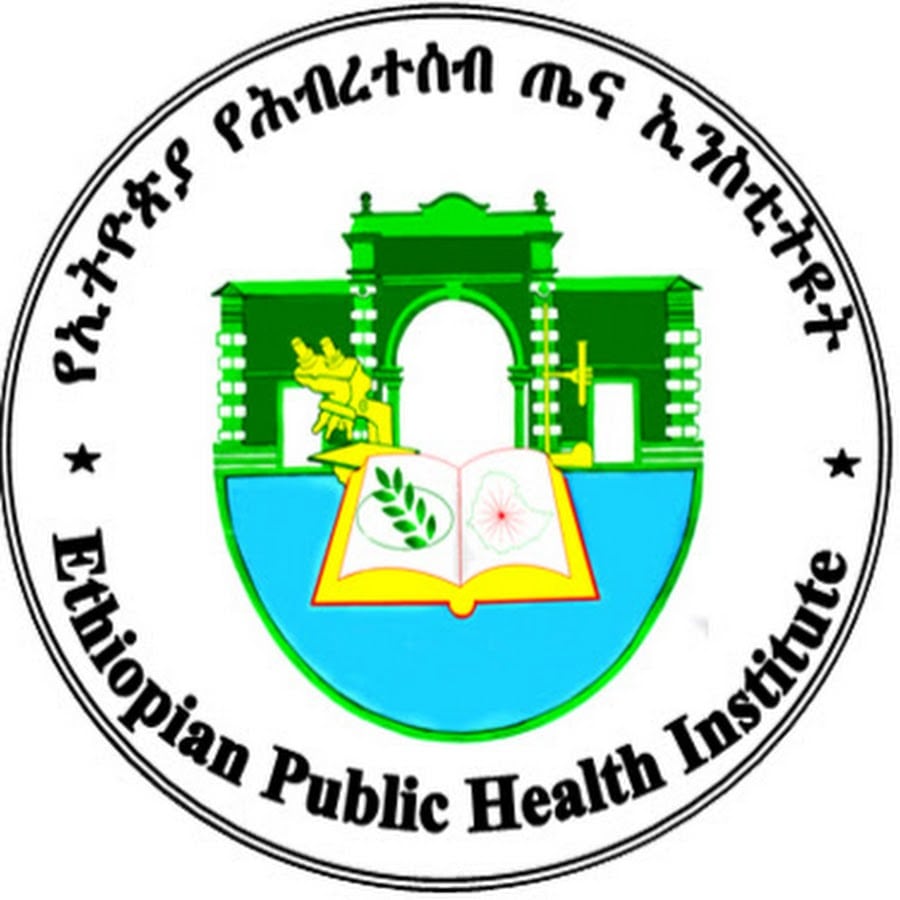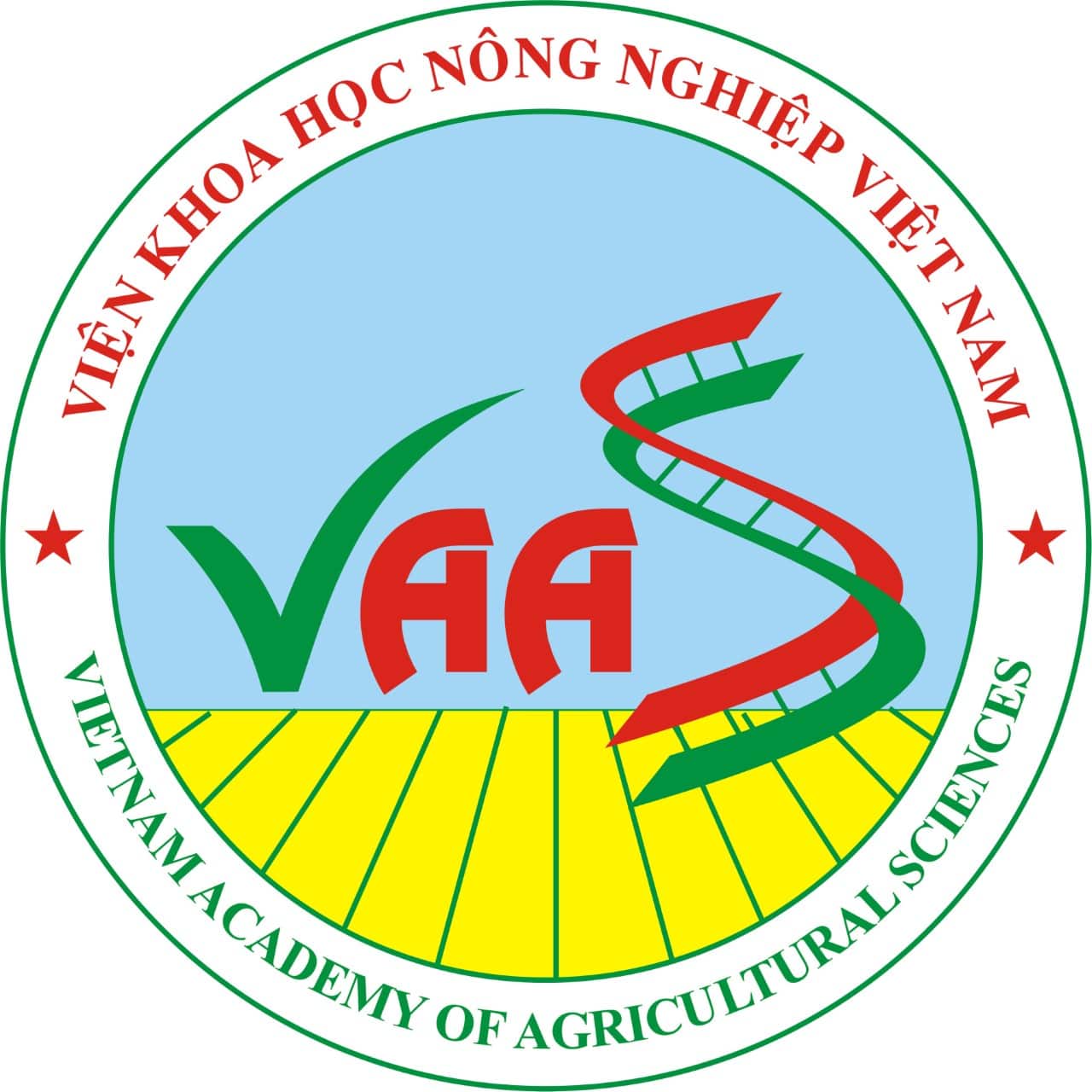EcoFoodSystems
EcoFoodSystems takes a food systems research approach to enable transitions towards diets that are more sustainable, healthier and affordable for consumers in city regions
Evidence-based transitions towards climate-friendly food systems and diets are essential for sustainable environmental, food security and livelihood outcomes. EcoFoodSystems conducts research activities to enable better decision-making by food systems stakeholders to transition diets of nutritionally marginalised consumers. The EcoFoodSystems project works closely with food systems stakeholders to co-create research outputs that can enable decision-making by our partners to better transition the diets of city region consumers towards diets that are more sustainable, healthier and affordable.
Transitioning to resilient, environmentally sustainable models of production requires overcoming major barriers to scaling at multiple levels (farms, landscapes, national & global value chains). Research and innovation activities are needed to enable scaling of agricultural innovations and evidence-based transitions to climate-resilience food systems across interlinked urban, peri urban and rural communities.
EcoFoodSystems recognises the food systems connectivity between rural hinterlands and city regions as a key nexus for the transition towards more climate-resilient food systems. By 2050, more than two thirds of the world population will be living in urban areas, the majority living in cities.
A rural-urban food systems transition focus is critical to ensuring sustainable rural development in concert with transitioning of food systems in city regions towards more sustainable, resilient, and healthy dietary outcomes. Despite important advances around national scale food system data (e.g. Food System Dashboards), significant gaps remain on how to translate data into actionable information for decision makers, especially at the sub-national level.
The EcoFoodSystems project will place particular emphasis on linking national to sub-national food systems (including data systems for decision-support) in the two countries under study: Ethiopia and Vietnam. EcoFoodSystems will demonstrate how to generate sustainable data streams for decision-making that are relevant and actionable on both a national and sub-national scale
Partners

University of Galway
The University of Galway is the lead applicant in EcoFoodSystems and is a public research university located in Galway, Ireland.

Rikolto
Rikolto is an international NGO with more than 40 years’ experience in partnering with farmer organisations and food chain stakeholders across Africa, Asia, Europe and Latin America.

Wageningen University & Research
Wageningen University & Research is a public university in Wageningen,
Netherlands, specializing in technical
and engineering subjects and an
important center for life sciences and
agricultural research.

TRANSITIONs Programme
EcoFoodSystems is a project of the Agroecological Transitions Program for Building Resilient and Inclusive Agricultural & Food Systems (TRANSITIONs.)
Collaborators

Ethiopian Public Health Institute (EPHI)
The Ethiopian Public Health Institute (EPHI) is established by the Council of Ministers regulation No. 301/2013, which recognize the Institute as an autonomous federal government office having its own legal personality. The institute is accountable for the Federal Minister of Health.

National Institute of Nutrition (NIN)
The National Institute of Nutrition (NIN) under the Ministry of Health was established in 1980 by the Government of Vietnam. The NIN is the leading institution responsible for research, training and implementation activities in the field of nutrition, food sciences and clinical nutrition for the whole country of Viet Nam.

Vietnam Academy of Agricultural Sciences (VAAS)
The Vietnam Academy of Agricultural Sciences (VAAS), is under the Ministry of Agriculture and Rural Development. They are a scientific research and development (R&D) institution working for on sustainable agriculture and rural development in Vietnam.

Vietnam National University of Agriculture (VNUA)
Vietnam National University of Agriculture is a leading education and research university in Hanoi, Vietnam, specializing in in agriculture and rural development.
